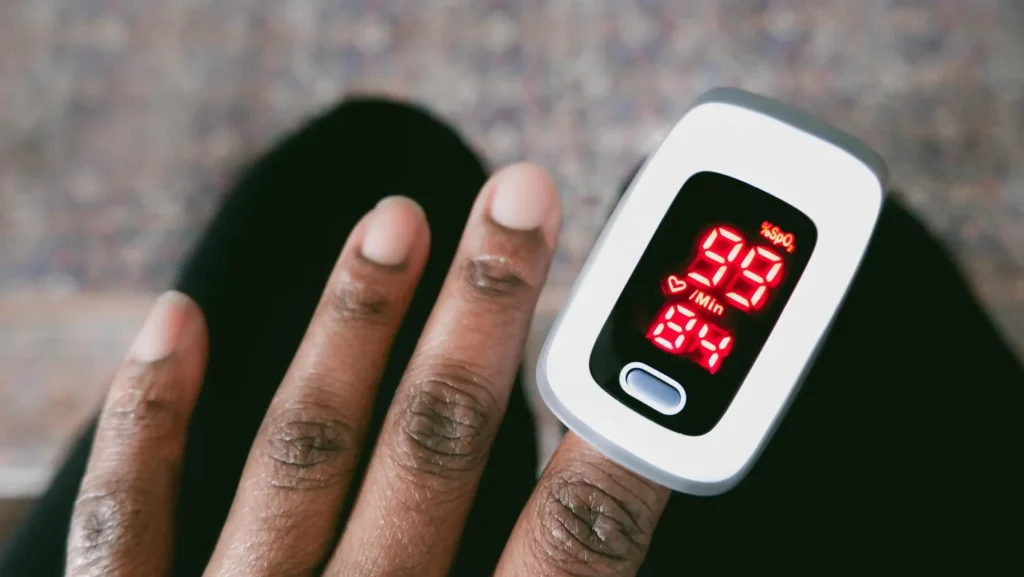TOP STORY: FDA Advisory Committee Tackles Accuracy of Pulse Oximeters on Darker Skin
Key Points:
-
A Food and Drug Administration (FDA) advisory committee convened on Friday to address the accuracy of pulse oximeters, especially on darker skin, following research indicating treatment delays in minorities due to incorrect readings.
-
Pulse oximeters are devices placed on the fingertip to measure blood oxygen levels, commonly used for individuals experiencing breathing difficulties or those with heart or lung conditions.
-
The FDA cautioned about the limitations of pulse oximeters in 2021, citing factors such as skin color, nail polish, lighting conditions, and severe anemia affecting accuracy.
-
Over 20 state attorneys general urged the FDA to update guidelines in November 2023, stressing warnings about pulse oximetry inaccuracies on darker skin to prevent severe illness and fatalities among minorities.
-
Research reveals darker skin tones receive more inaccurate readings: a 2020 study found 11.7% of normal readings in Black patients were incorrect, compared to 3.6% in white patients.
Notable Quote:
“We must keep in the forefront of our minds that this is a significant health equity issue,” emphasized Scott Lucas, vice president of device safety at nonprofit healthcare organization ECRI during the meeting. “The color of a patient’s skin should never degrade the quality or the effectiveness of tools that healthcare providers use to give lifesaving care.”
Background Insights:
-
Pulse oximeters measure blood oxygen levels by emitting light through the skin, with accuracy affected by melanin levels in darker skin tones, as per a 2022 Sensors study.
-
Black patients are more likely to have low blood oxygen levels noted in their readings compared to white patients, according to a 2022 BMJ study.
Context:
-
During the Covid pandemic, the use of pulse oximeters increased for assessing disease severity, yet studies found inaccuracies, leading to treatment delays and worse health outcomes among minorities.
-
Incorrect readings resulted in higher hospitalization and readmission rates among Black patients compared to white patients during the pandemic, as per a 2023 American Journal of Epidemiology study.

